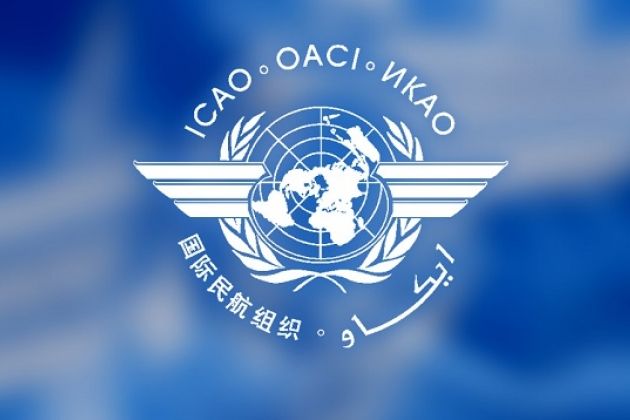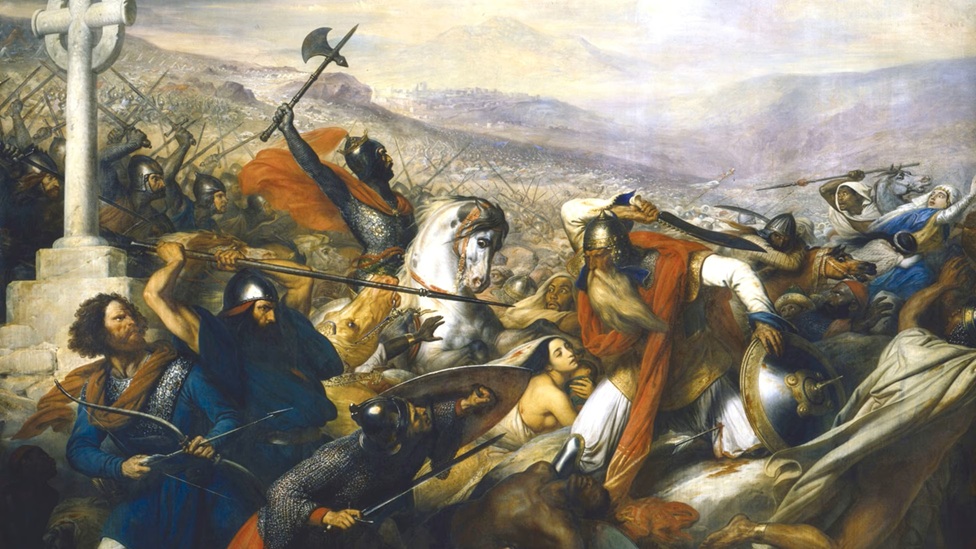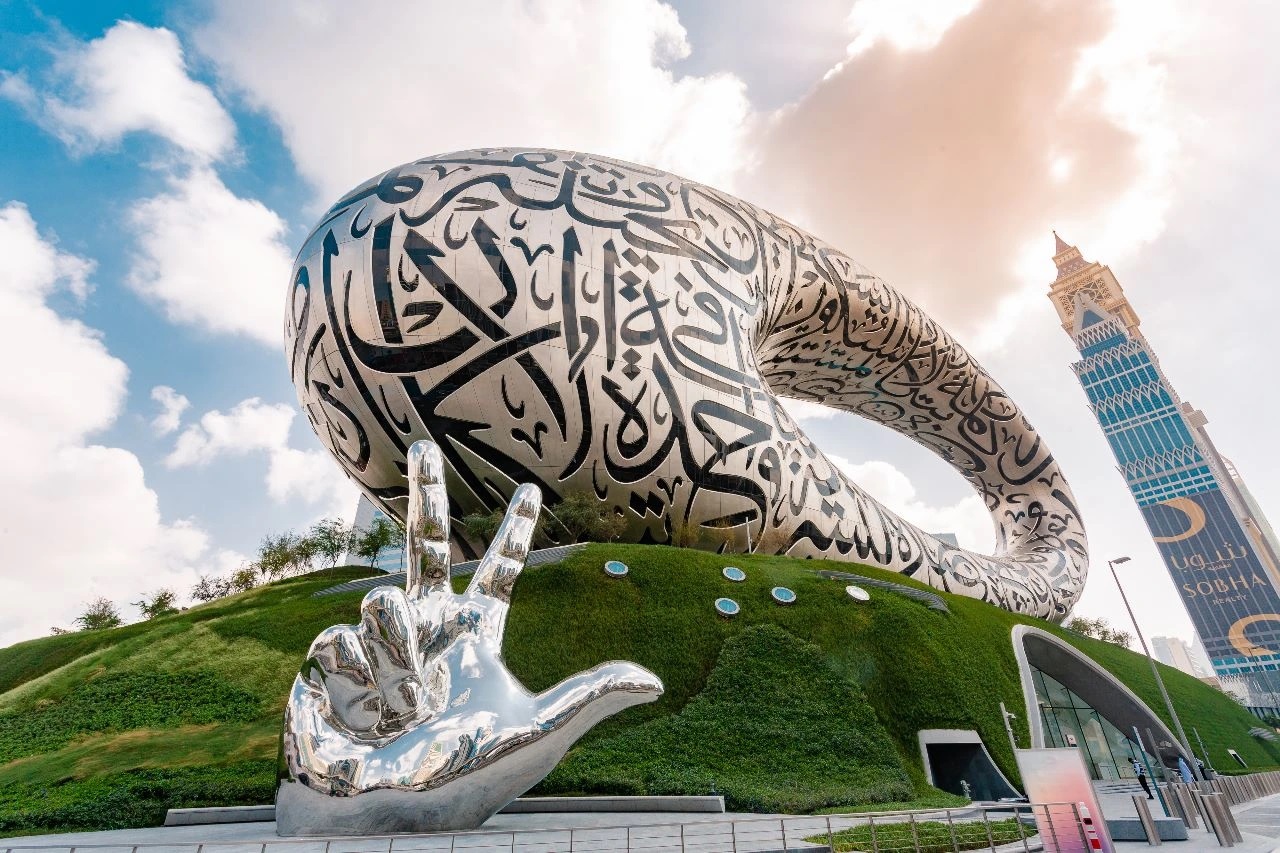
The International Court of Justice has announced that Saudi Arabia, Egypt, the United Arab Emirates and Bahrain filed an appeal against the decision handed down by the UN's global civil aviation body over complaints made by Qatar.
The Applicants invoked Article 84 of the Chicago Convention, read in conjunction with Articles 36 (1) and 37 of the Statute of the Court.
The International Civil Aviation Organization (ICAO) last week ruled it had the jurisdiction to determine a dispute brought by Qatar on the free passage of passenger planes.
The four countries want the ICJ to nullify ICAO's ruling, saying its decision was "manifestly flawed and in violation of fundamental principles of due process and the right to be heard."
The Application submitted by them asserts that, in 2013 and 2014, following years of diplomatic activities, Gulf Cooperation Council member states adopted a series of instruments and undertakings under which Qatar “committed to cease supporting, financing or harboring persons or groups presenting a danger to national security, in particular terrorist groups”.
After Qatar failed to abide by its commitments, the four states adopted a range of counter-measures “with the aim of inducing compliance by Qatar”. These measures included airspace restrictions to aircraft registered in Qatar, which submitted to ICAO, an Application considering the measures of the four states a violation of international agreements.
However, the four countries said ICAO’s decision on June 29 came “immediately following the close of oral submissions, and without asking any questions or undertaking any deliberations”
So they said the decision is “manifestly flawed and in violation of fundamental principles of due process and the right to be heard”.
They also said that “the ICAO Council erred in fact and in law”, requesting the Court to adjudge.
Sourc: Al-Sharq Al-Awsat





